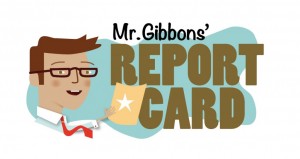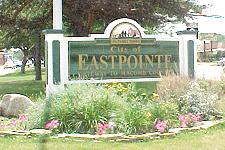 Michael Apple and Julie Mead
Michael Apple and Julie Mead
Michael Apple and Julie Mead are education professors at the University of Wisconsin and they say there is no evidence to support vouchers. In fact, they argue, “research has clearly demonstrated that children in voucher programs do no better, and often worse, than their peers educated in the public system. It is false to assert that competition between schools will improve outcomes.”
They might want to brush up on the research as there are a 11 random assignment studies showing student achievement improves, none showing harm, and another 22 studies showing similar modest, yet positive, findings for public schools that face new competition. This isn’t the entire body of research on the subject but, at worst, you can only conclude that voucher students score as well as, and for some subgroups slightly better, than their peers in public schools.

The worst part of Apple and Mead’s thought, however, is their understanding of education. They write, “Wisconsin has kept alive a belief that critical intelligence and seeking answers to society’s most difficult questions are to be defended at all costs. Education, specifically the state’s commitment to quality public education, is the embodiment of that belief.” How would this not continue to happen if parents have more power to choose where their children are educated?
Grade: Needs Improvement
Detroit Federation of Teachers

I always wondered when a teachers union would protest in favor of school choice, and it happened this week. East Detroit Public School Board reversed a vote to limit public school choice in the district after 200 teachers protested against cancelling the program.
Have they seen the light? Opportunity for all? No more limiting educational options based on zip codes? Well, not quite. The newfound support came because of money, $850,000 to be exact. According to district officials, without the public school choice program the East Detroit Public Schools was slated to lose revenue if students could not transfer into the schools from other districts.
So the union might not be all-in to support school choice, but it is a start.
Grade: Satisfactory
Linda Welborn

Profit, free markets, scary words! If you want to make people really worry about charter schools, repeat those words multiple times, even if the majority of charters are non-profits. It is hard to take this op-ed seriously as Linda Welborn, a member of the Guilford County Board of Education in North Carolina, casually tosses the word “profit” around.
Welborn claims that an increasing number of terrible “profit mongers” (read: charters) are harming public education, but provides no supporting evidence, other than a few schools closed.
What does the evidence suggest for North Carolina charters? CREDO’s 2013 study on charter schools shows that North Carolina charters do better on reading but slightly worse on math. It is a mixed bag and, at worst, charters in North Carolina are doing the same job for less money. It’s fair to talk about improving charter school quality, but these broad-brush attacks don’t help.
Worse still, for Welborn not the students, charters are achieving these results as North Carolina’s NAEP reading and math scores continue to rise.


